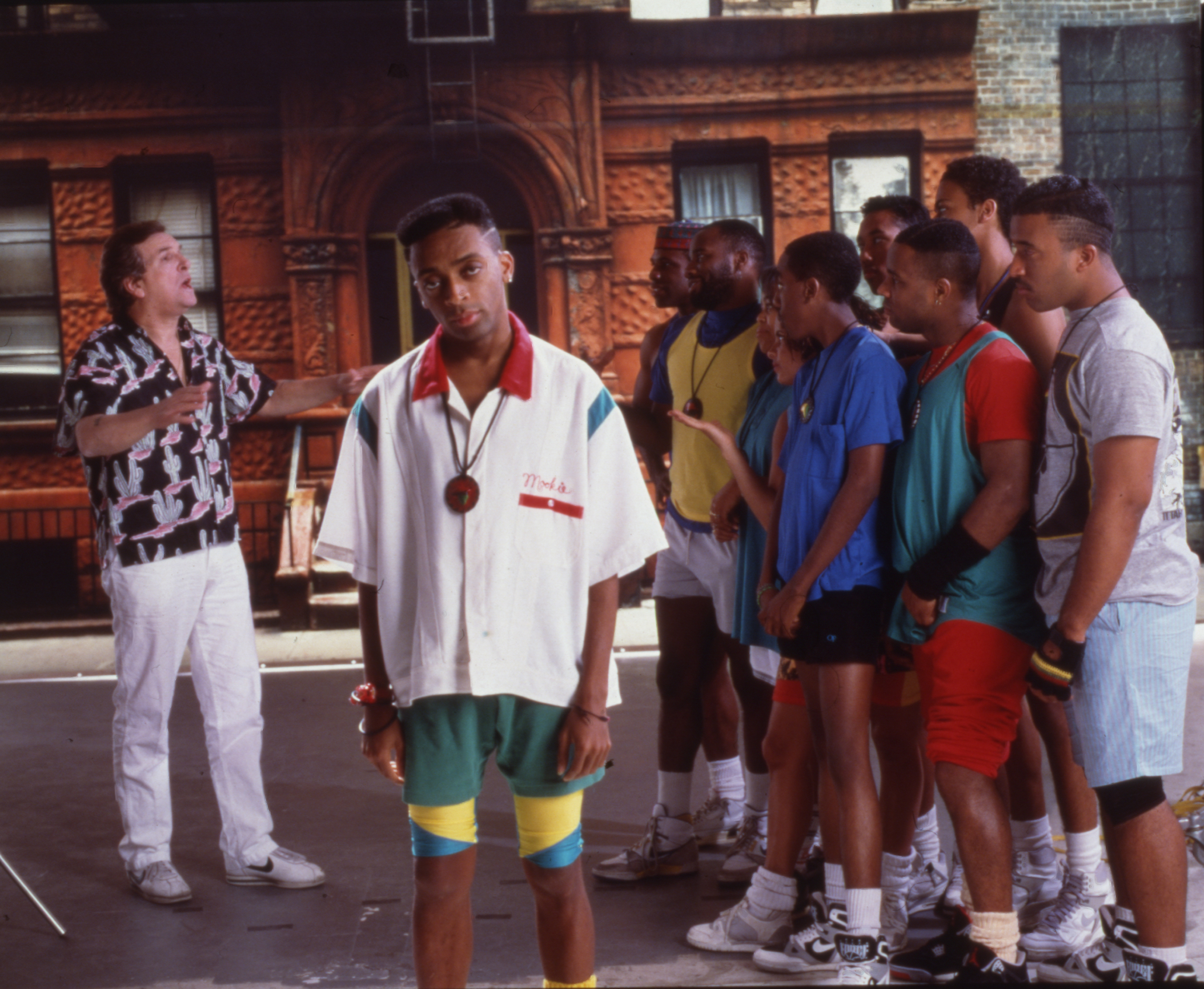|
There is only one rule in screenwriting that you must follow. DON’T BE BORING. Telling a story from beginning to end isn’t enough to get your script bought or get you staffed. Your baby must entertain and compel the reader to finish or it’ll be tossed to the side with the rest of them. Using tools, devices and tricks will enhance the reading experience and increase your chances of meetings, competition wins, and purchases. So, let's talk about different ways to entertain your reader and make your script as compelling as possible. 1. Set Up and Pay Off If you don’t know what Chekhov's gun is, allow me to take you out of the cave you’ve been hiding in. Chekhov’s gun is a dramatic rule stating if a gun is seen in the first act then it must be fired by the third. It also works in reverse, if a gunshot is in the third act then the gun must be established in the first. Setups and payoffs is what Chekov’s gun looks like in action. Setups are like putting little easter eggs in your script. It will make the process fun and make the difficult job of writing a compelling script much easier. Setups can lead to a scare in horror, answer a question in a drama, and reveal a weakness in a hero, and make you laugh your a$$ off in a comedy. A great example of this comes from the movie Knives Out. In a scene between the patriarch of the family, HARLAN, and the protagonist MARTA, Harlan tells us how he’s shielded his family from consequences and compares it to not being able to tell the difference between a prop knife and a real one and stabs a real knife into the table. A subtle and missable setup. Then in the end when the grandson is found guilty for the murder, he grabs a knife and stabs our protagonist in the chest with a ??? YOU GUESSED IT. A PROP KNIFE! This great setup and payoff connects with Harlan's guilt of shielding his family from the real world and enhances the theme of the film. So when you go back to your baby, see how many easter eggs you can put in your scripts. It’ll make the read enjoyable and get you closer to that general meeting you’ve been dreaming about. 2. Pacing Readers won’t waste their time on your script if the essentials are buried under over described scenes, drawn out dialogue, and unnecessarily long sequences. It slows down the read and increases the page count. Understanding pacing will cut your script from an intimidating 140 page script to a digestible 90 pages. Here are 3 ways to make your script fast paced and enjoyable. Sentence fragments: Your English teacher hates it but your reader will thank you. Everyone knows the mantra: Less is more. Leave the long a$$ description about how your protagonist's love interest has the prettiest brown for your novel. Short and direct scene description works in conjunction with pacing and makes your writing snappy and cinematic. An example of an over descriptive line is: As he sits down in a dark kitchen, he cracks a toothy smile. That may be good for your NYT bestseller, but we're making movies here. Try something like this: He sits in a dark kitchen. Cracks a toothy smile. The latter is a short and digestible sentence that gives us the bare essentials of what we see. The quicker you master brevity, the quicker your writing skills will improve. Focus: Newer writers tend to have too wide of a scope when they approach their stories. They add a ton of characters, a bunch of arcs, and way too many locations. This not only clutters your script but it also makes it much more expensive to shoot. Keeping only the essentials when it comes to character, locations, and arcs will shorten your script and give it better direction in terms of story. Get in and get out: Think of a scene as if touching a hot surface. You feel the heat and get TF off. The heat in this situation is the goal of your scene. We only need to see your character attempting to reach that goal and nothing but. We don't need to see them walk into a building, go up the flight of stairs, then enter the room to ask their boss for a promotion. All we should see is whether or not they get it or they don’t unless the endless journey to the boss's office teaches us something. 3. Surprise, Suspense, and Curiosity These three tools evoke a mirage of emotions in your reader. It takes us from laughing out loud highs and tear jerking lows all in a matter of seconds. Let's use an example of a character who has just been poisoned to show these tools in action: Surprise: Surprise is an unexpected event in the script and is usually used within the early stages of the story. What makes this work is that vital information regarding this situation has been omitted from the script, only to come back later for the surprise. For this, we could start off with our character ingesting something then seconds later they are dying a painful death from the inside. What has been omitted from this is the person who has put the poison inside whatever our character ate. This would have killed the surprise of the death if we saw it coming. Suspense: This tool works by showing everything in chronological order. It sets up the consequences that will befall the character(s) in the story. Let's start our scene with the waiter poisoning the food to kill the father. We can play with this now by putting the entire family at the table making the viewer tense at the variety of options that the poisoned plate could end up. One second it's in the hand of the father and we scream YES, then he decides to pass it down to his 6 year old son making us say NO, NOT THE BABY! Suspense will keep your reader glued to their seat wondering what will happen next and improve your chances of getting your baby shopped around town. Curiosity: Here, we could start the scene with a character lying in a room with bloody foam leaking in their mouth with a few things in the room knocked over. This tool puts us in a who, what, when, where, and why, state of emotion. Crime and mystery procedurals use this tool over and over again as a formula for the protagonist to use to activate their goals. So the next time you see your baby, give it a good look and see where you can use these tools to improve. It’ll make the read more enjoyable and get you closer to your meetings and your coins! Check out our Development Notes service to get personalized feedback from one of our Story Experts and take your screenplay to the next level! author
Leave a Reply. |
ABOUT
|
About |
COACHINGMEMBERSHIP |
RESOURCES#FreeGameBusiness services |
|
Gain access to:
|
Contact Us
Copyright © 2022 The Professional Pen



 RSS Feed
RSS Feed

